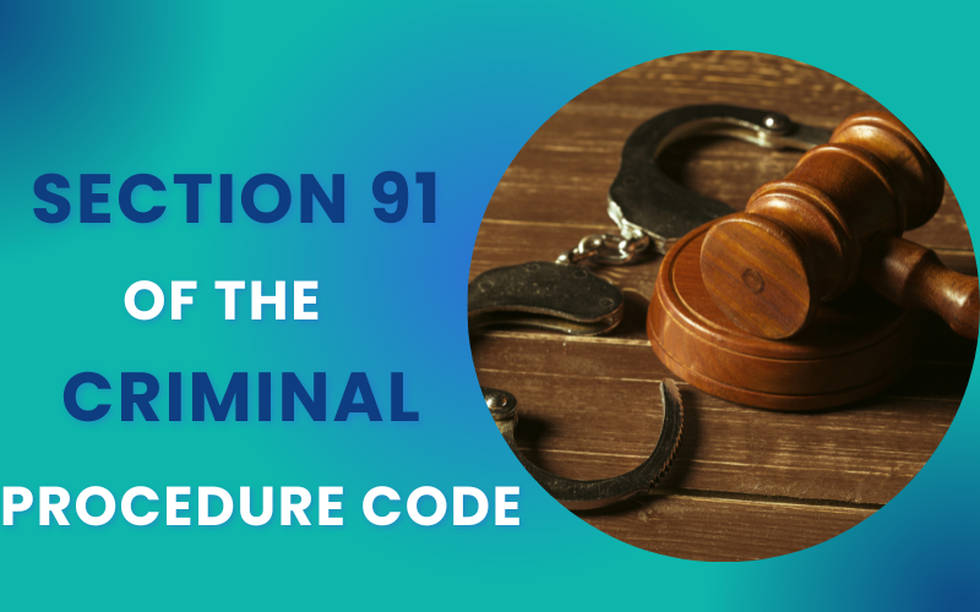The Supreme Court recently addressed the issue of whether courts can compel the production of documents under Section 91 of the Code of Criminal Procedure (Cr.P.C) based on the accused’s application at the stage of framing of charges.
Court’s Observation
The Supreme Court bench comprising Justices Bela M. Trivedi and Pankaj Mithal observed that the accused cannot file an application for the production of documents at the framing of charges stage to exercise their right to defense.
Trial Court Proceedings
- The accused, facing trial under the NDPS Act, sought the production of call details of the Seizure Officer and other police officials at the Trial Court.
- The trial court rejected the application.
- The accused appealed to the High Court.
High Court Decision
- The High Court allowed the accused’s application, directing prompt decision on similar applications in Rajasthan’s courts.
Supreme Court Appeal
- The State appealed against the High Court’s decision.
- The State argued that the accused couldn’t invoke Section 91 Cr.P.C. at the framing of charges stage, citing the Debendra Nath Padhi case.
- The accused argued they could invoke Section 91 Cr.P.C. at this stage, citing the Nitya Dharmananda case.
Supreme Court Ruling
- The Supreme Court agreed with the State, stating that the accused’s right to defense arises only at the trial stage.
- Referencing the Debendra Nath Padhi case, the Court emphasized that the accused’s entitlement to seek documents under Section 91 arises at the defense stage.
- The Court dismissed the accused’s reliance on the Nitya Dharmananda case.
- The Supreme Court allowed the appeal, overturning the High Court’s order.
Conclusion
The Supreme Court’s decision clarified that the accused cannot demand document production under Section 91 Cr.P.C. at the framing of charges stage.
Multiple Choice Questions (MCQs):
- At what stage did the accused file an application for the production of documents?
- A) During trial
- B) At the framing of charges
- C) During investigation
- D) After the verdict
- Which case did the Supreme Court rely on to support the State’s argument?
- A) Nitya Dharmananda Vs. Gopal Sheelum Reddy
- B) State of Orissa Vs. Debendra Nath Padhi
- C) Debendra Nath Padhi case
- D) NDPS Act case
- What was the High Court’s directive regarding similar applications in Rajasthan’s courts?
- A) Immediate rejection
- B) Deferred decision
- C) Prompt decision
- D) No directive given
- According to the Supreme Court, when does the accused’s entitlement to seek documents under Section 91 Cr.P.C. arise?
- A) During investigation
- B) At the framing of charges
- C) Before trial
- D) During appeal
